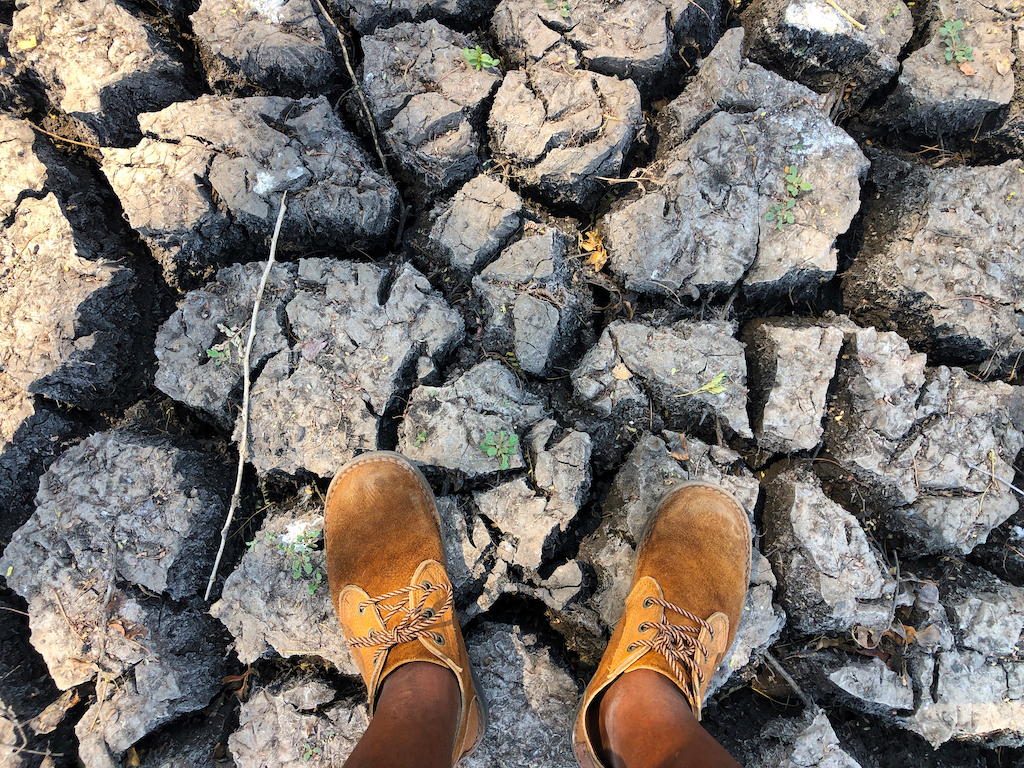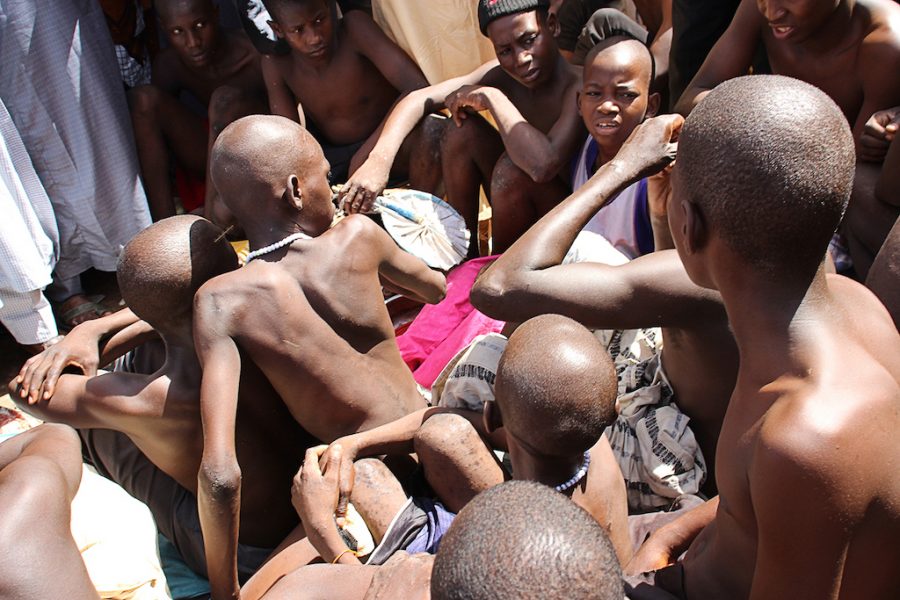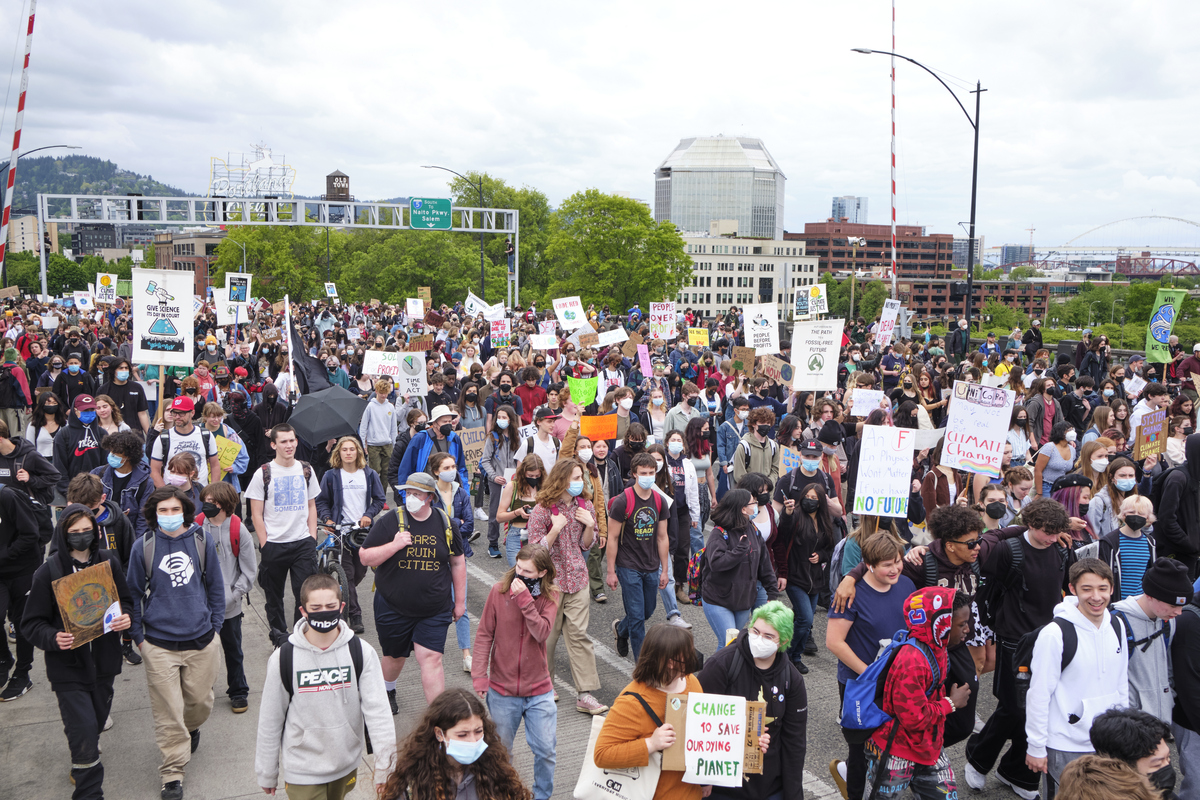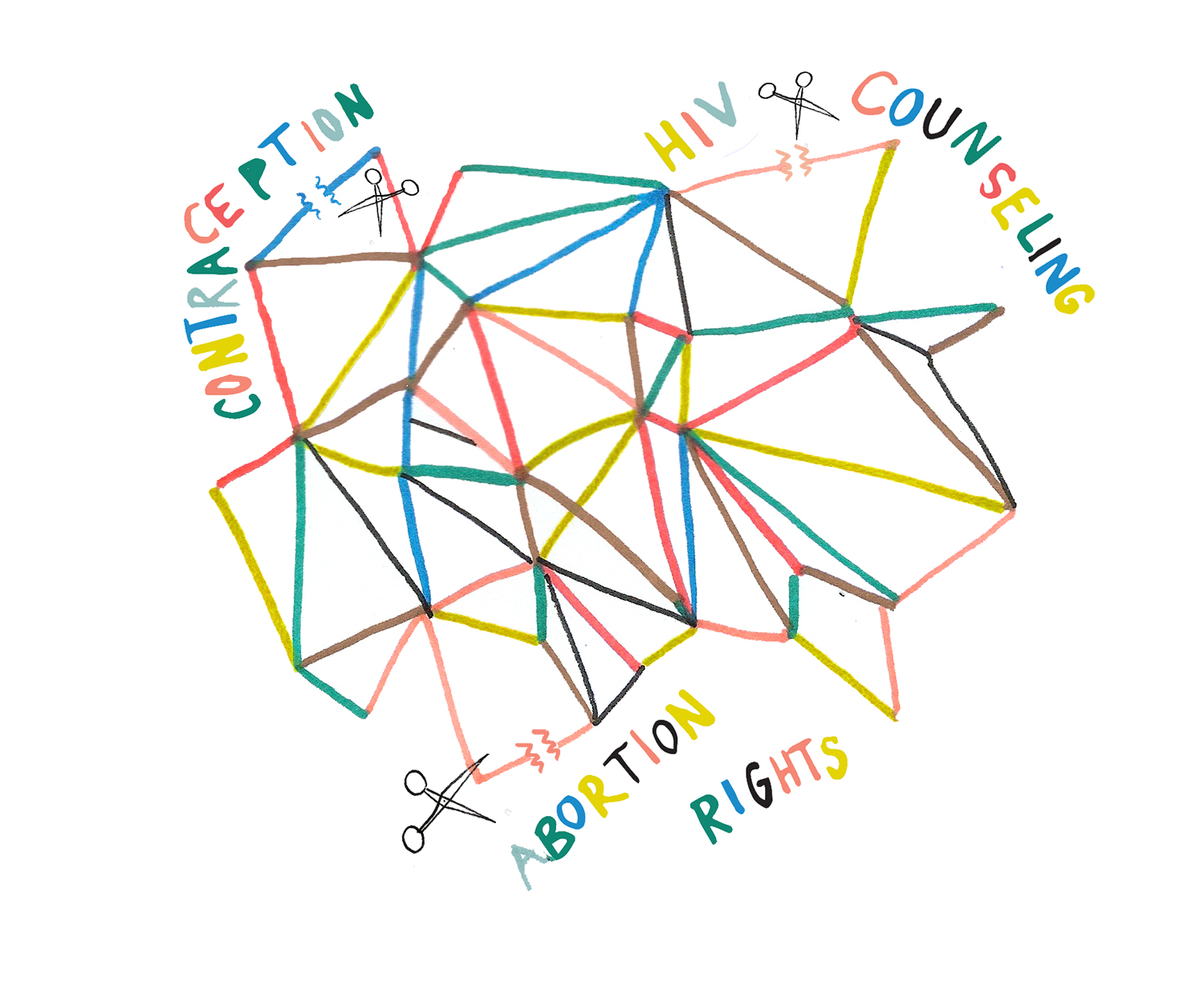A drought throughout southern Africa is affecting about 45 million people, causing food insecurity throughout the region.
The drought—an ongoing issue throughout southern Africa since 2012—had record low rainfalls as of 2019. The lack of rain is affecting local agriculture and the amount of food available. No farmers have planted grain in South Africa this year, which is typically planted in mid-November. Since rainfall is over a month late, farmers are also unable to plant grain, which is the basis of both human and animal diets.
“We are late, but we are not yet in a crisis—but we are very worried when we look at the forecast of the season,” Jannie De Villiers, CEO of Grain South Africa, told The Daily Maverick. “We are not sure whether the grain sector can take another drought in this country.”
The lack of grain availability has in turn affected the ability of farmers and others in the agricultural industry to maintain their livestock. Dozens had to sell or kill livestock because they were unable to properly feed them in South Africa, according to The Daily Maverick.
“There is a humanitarian crisis at this point; some farmers are down to 30% of the nucleus of their herd,” a spokesman for the Red Meat Producers Organization Gerhard Schutte told The Daily Maverick. “We as farmers take this very seriously…and many farmers are forced to take their animals to slaughter because they don’t have the feed available to keep their animals alive.”
The South African government implemented measures on Oct. 28 throughout the most drought-affected regions. These emergency measures will restrict water usage and improve infrastructure used to provide supplies to people throughout the country.
“At this stage, it would not be necessary to declare a national disaster, but provincially, in the Western Cape, the Eastern Cape, the Northern Cape and in the Limpopo area, a disaster declaration should have been done more than a year ago,” Willem Symington, a spokesperson for Agri North Cape, an agricultural organization working to combat the effects of the drought told The Daily Maverick. “The primary responsibility of dealing with a disaster sits with the government.”
Emergency food deliveries have been scheduled by international aid organizations to be delivered to countries affected by the drought, including Zambia, Zimbabwe and South Africa.
“We are witnessing millions of already poor people facing extreme food insecurity and exhausting their reserves because of compounding climate shocks that hit already vulnerable communities hardest,” Southern Africa Director for Oxfam, an international aid agency, Nellie Nyang’wa told The New York Times. “They need help urgently.”






